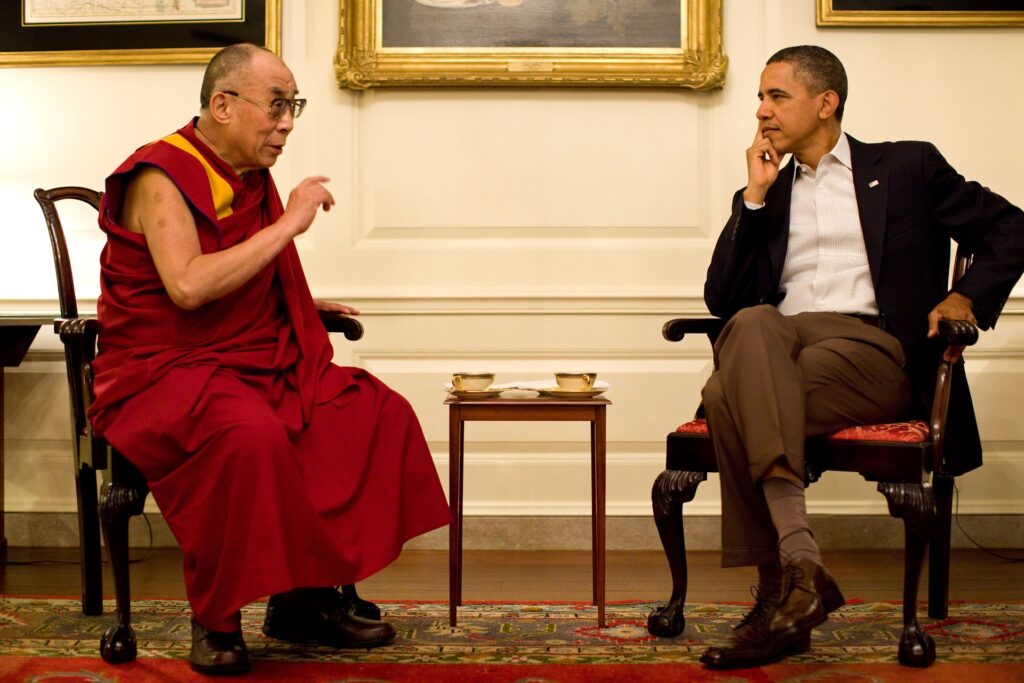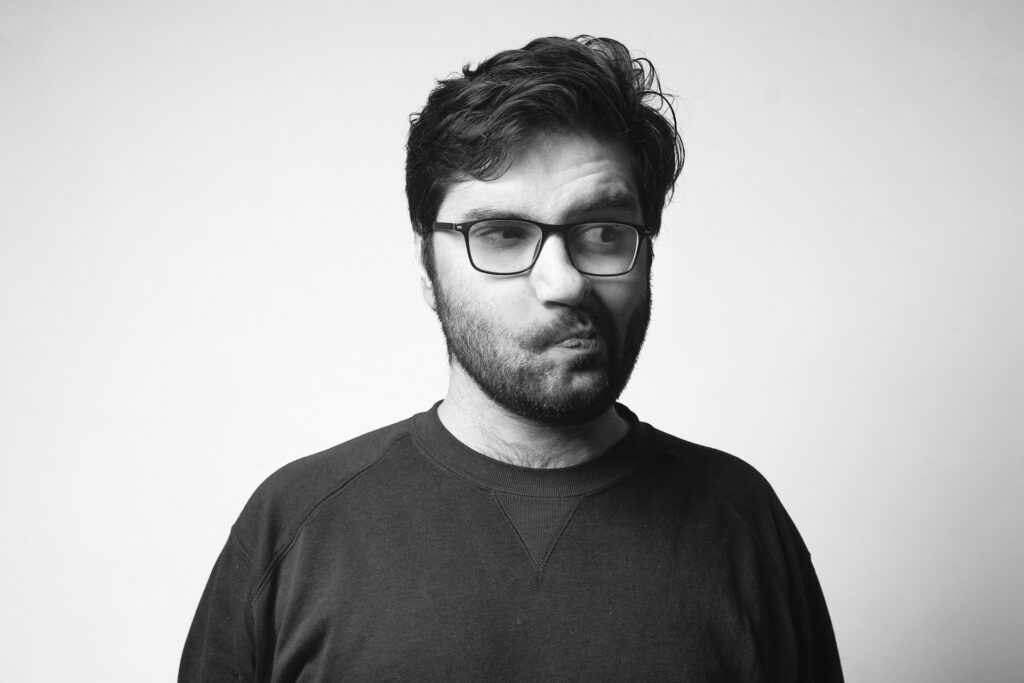What is the male ego and how does it work? Why is it there, and how does it affect our lives. I expect the reason you would read this blog is that it might help you better understand something about yourself or your life. And you are probably here because you want to improve something. In the following blog, you should find some information to help you understand and control your own ego, and understand others.
HOW DOES YOUR MALE EGO AFFECT YOU?
To answer this question, we have to first establish what we mean by the ego. Many would agree, that the ego is what we experience as ourselves; who we are, that separates us from other people and things. Our identity. As you read, you may realise some things that make you, You.
As soon as you started interacting with the world, even before you were conscious of it, you have been developing an ego. Before you were born, you reacted to the sound of your parent’s voice, and other things like the hormones passing through you from your mother.
The first thing you learn was to search for food (most likely your mother’s breast), and one of the first ways you learned to communicate was by turning your head away from what was being offered, meaning “no”. This is where shaking your head to signal “no” comes from.
Your biological preferences combined with what you were exposed to in your environment, created the foundation on which everything else was built, from the food you ate to the language and culture you developed.
You’ve spent your whole life-giving meaning to the things and events you’ve experienced. But what happens when you can’t make sense of things? What happens when things seem meaningless or go against what you have chosen to accept as “the truth”? What happens when you meet someone who can’t understand your way of seeing things?
When egos meet, is one area we can see how egos affect us.

HOW EGO DEFENCE MECHANISM WORKS?
We’ve established that the ego is who we believe ourselves to be, and who we believe others see us as. But what if we are faced with a situation or new piece of knowledge that challenges our beliefs?
When you learn something that changes your beliefs, some old beliefs have to die. This can be painful, and your ego has developed to try to protect you from that pain. We can either fight against the new information, or we can try to rearrange our understanding of the world, to make it fit in. Both require some thought, most likely both consciously and unconsciously. The more our strategies lean on the side of denial, the more we can describe these strategies as immature. The more we try to understand the new information in relation to current beliefs (trying to understand what is true), the more we can describe these strategies as mature. If we see it as acceptable we can assimilate it into our current belief system.
Immature defence mechanisms may include behaviour that deny or refuse to accept new information. More mature defences often include behaviour that tests the new information against what the we already accept to be true, to see if it could also be true. So its a choice of denial or assimilation.
Problems of ego can occur when you don’t establish alignment with your inner and outer world, and the new information presented to us, you can end in a state of cognitive dissonance, which is where you are attempting to exist in two opposing beliefs, for example behaving as if one thing is true, even though you are experiencing evidence that suggests otherwise.
The more conscious you are of the strategies you use, the more likely you are to use mature defences. Next time you discover some uncomfortable news, observe how you react to it. Do you deny it or try to understand it?

HOW DOES EGO RUIN RELATIONSHIPS?
Ego in itself does not ruin relationships. The more insecure you are in yourself, the more you will want to protect yourself from feeling wrong (even when you are wrong).
Those who have never looked inside and understood exactly what triggers them and why to tend to have very strong reactions to when they feel judged. Their reactions can damage relationships, especially if the relationship is with someone who is also insecure. I tend to find, the more secure someone is, the more patience they show when it comes to differing beliefs.
CAN MALE EGO BE A GOOD THING?
Ego is a good thing when we use constructive/mature strategies. It is what keeps us whole in a healthy way, not only keeping track of all the different parts of us and our environments that make us who we are, but also keeping track of our past, present and potential.
A healthy whole is one that allows us to experience the world without feeling that our identity is threatened, while at the same time not denying the truth.
Acceptance that new information need not create an existential problem for us. You are still the same person, when you find out that your partner has been unfaithful, or you didn’t get the job that thought you already had. Something is different to what you thought, and you can use that information to discover what has changed, or where you made and error. In any case, you as a whole are still you.
Think of your understanding of the world as a map, and you have discovered information that changes what you thought the territory looked like. Now you can reanalyse the terrain. If the information was always there, maybe you need to reconsider, through which lens you were viewing the map.
HOW CAN YOU ENCOURAGE MATURE STRATEGIES?
I remember being at a staff meeting a few years ago, where there was a complaint about something that had happened. The description of the event was described in a very vague way, maybe intentionally as it was used as an example of undesired behaviour. I couldn’t help but think that the meeting was focused on something that I had done, clouding how I received the information. At the end of the meeting, I asked specifically, if the situation was related to something I had done. Fortunately, it had nothing to do with me. But, I had sat in a defensive position for an hour because I thought I was under attack when actually I wasn’t. Sometimes we read things between the lines that are not there, and we assume it’s something about us, because what we focus on colours the way we experience the world. This is what I tend to do now.
SLOW DOWN
As soon as I feel myself getting triggered, I try to listen and observe objectively. In some cases, really step out of myself and observe my reactions, the others behaviour, and what is being said, both verbally and non verbally. Time is powerful and can be negative when we allow it to work against us, by rushing to reply, or thinking we need to give a response straight away. When you slow down and use time in your favour, two things happen. 1. You get to think more objectively and 2. The person who is pressuring you can give you more information.
EMPATHY
Try to put yourself in the other’s position, to get a better idea of where their behaviour is coming from. Is it based on you, or is it a mixture of other things going on in their life, or simply their way of looking at the world? Now that you understand, do you agree with their approach or is it irrelevant? Understanding their point of view does not mean that you agree. But it will advise how you should react.
WHAT DO YOU WANT
Be clear about what you want to achieve. You’ve given yourself time, you’ve understood their point of view. What you do next should be based on what you want to happen next. Let your behaviour and response be based on how best to achieve your desired result.
VULNERABILTY
When you are able to experience the world with patience and you feel secure in yourself, you will find it easier to engage with people more openly without feeling judged. The judgement of others shouldn’t necessarily make you want to change who you are. The primary factor in what develops and moulds you should be who you are trying to be. Part of that process is understanding who you already are. Even though you see yourself more fully than anyone else, there are elements that others see that you might not, as you only normally experience yourself through your own lens.
If you still get triggered by what others say about you, spend some time trying to understand what exactly it is that is creating that feeling. Take the time to understand where that belief comes from, and decide whether or not you own that belief. When you realise where you stand in relation to it, you can make a conscious decision about whether that will continue to be a part of your identity. Once you make this conscious decision, I’m certain you will become less triggered by it, allowing you to be more open.
What other strategies are you aware of for dealing with things that trigger your defence mechanisms?
